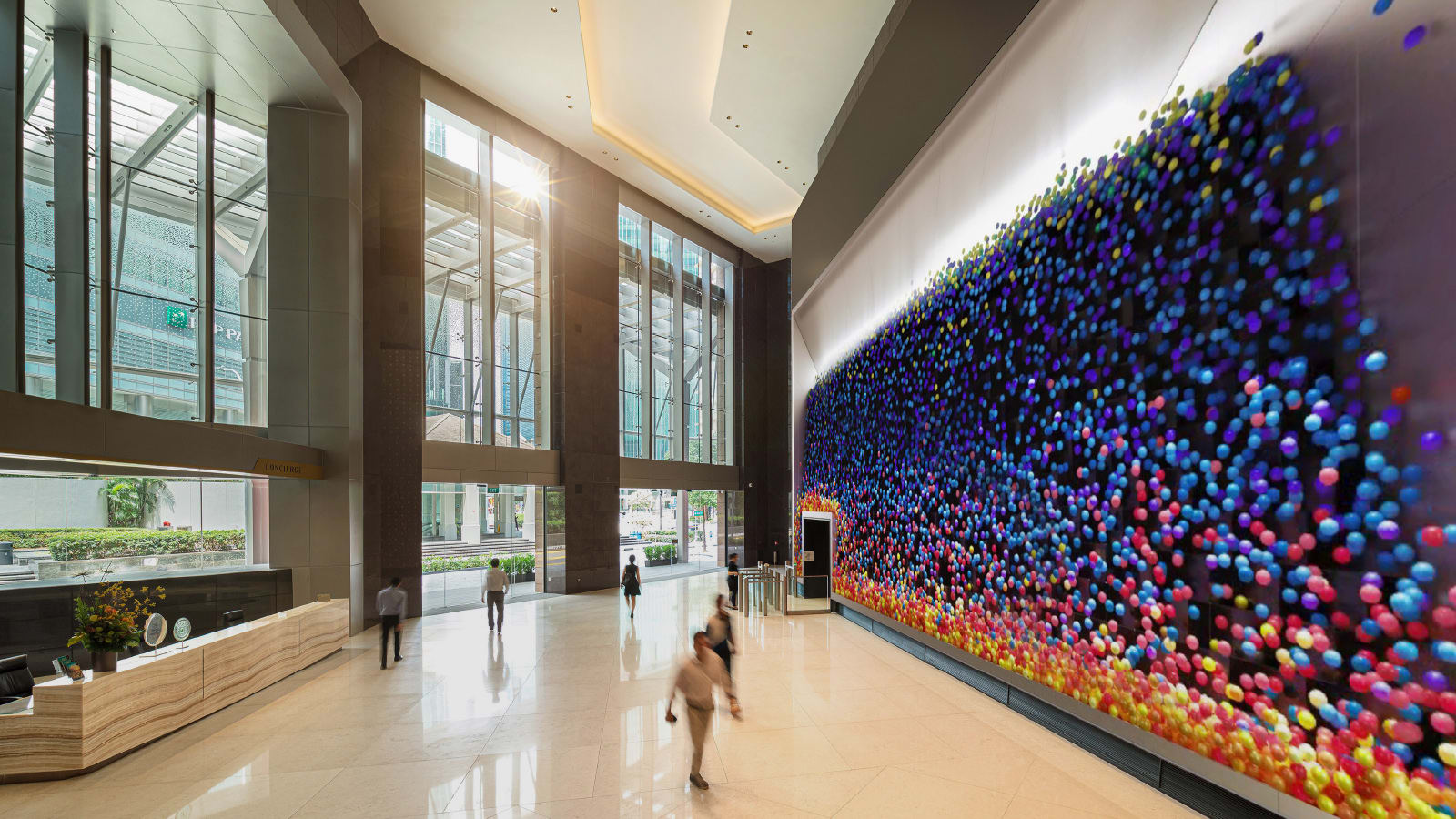In Singapore’s tropical climate, air-conditioning is one way to keep cool. Yet in many office buildings, air-con settings are set lower than necessary, leading to excessive cooling and unnecessary energy use. It’s not uncommon to see office workers in jackets and sweaters, trying to stay warm in overly cold indoor spaces.
A temperature setting of 25°C is a widely recognised benchmark for thermal comfort, supported by international research and standards. When paired with hybrid cooling methods like fans, 25°C can feel as cool as 23°C, while using significantly less energy and lowering operating costs. Raising the setpoint to 25°C also supports Singapore’s broader push towards climate resilience.
To encourage more sustainable cooling practices, the Ministry of Sustainability and the Environment and the Singapore Green Building Council – with support from the National Environment Agency and Building and Construction Authority – launched Go 25 this year. The initiative encourages organisations and individuals to set indoor air-conditioning to 25°C.
GO 25 STARTS WITH YOU
For building owners and managers
- Support the Go 25 movement by pledging to set indoor air-conditioning temperatures to 25°C. Complement this with hybrid cooling solutions such as ceiling fans, and engage tenants and occupants on sustainable cooling practices.
- Building managers and owners can refer to the Singapore Green Building Council’s Go 25 Indoor Comfort Snapshot and Industry Guide for case studies, checklists and technical guidance tailored to different building types.
For individuals and households
- A recent survey of 500 Singaporeans found that 72 per cent are open to setting their indoor temperature to 25°C, with over half already doing so. Among those who have adopted Go 25, most say they are comfortable with the change.
- We can all play a part by adjusting our cooling habits. At home, use fans where possible and dress light to stay comfortable indoors.
- Every small step counts – especially when multiplied across households islandwide.
GETTING EMPLOYEES AND CUSTOMERS TO GO 25
One supporter of the Go 25 movement is retailer Gain City. Gain City encourages residential, commercial and industrial customers to adopt Go 25 when buying air-conditioners, said the company’s marketing director Candy Cao.
Its sales staff and technicians are trained to recommend sustainable cooling practices – such as setting air-conditioners to 25°C where feasible, increasing the air-conditioner’s fan speed or using fans to improve airflow and maintain indoor comfort.
Since pledging to Go 25 this year, Gain City has adopted the 25°C setting at its Sungei Kadut megastore, Ang Mo Kio and Towner Road showrooms, as well as its office headquarters, with a focus on shifting stakeholder mindsets. Staff were brought on board through training and internal briefing sessions. In showrooms, temperatures are digitally displayed and customers informed of the company’s sustainable cooling practices.
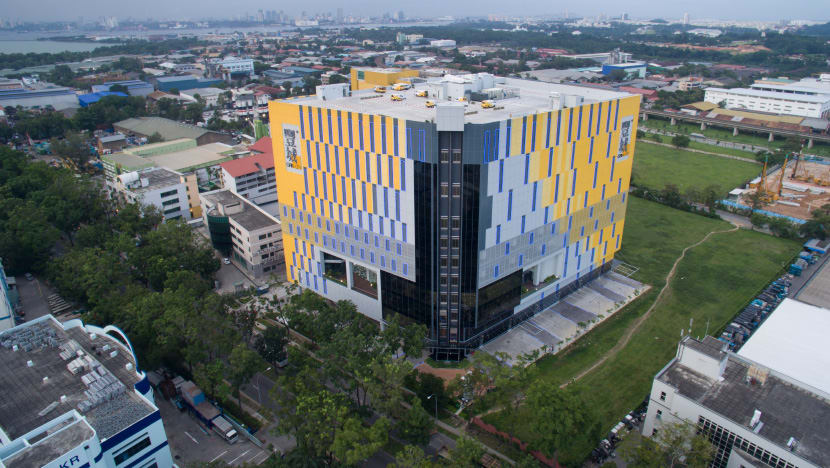
Post-implementation, Gain City’s utility readings showed energy savings of up to 12 per cent compared to last year. “These results support Go 25’s findings and show the practical value of sustainable cooling,” added Ms Cao.
As a homegrown air-conditioner retailer and an early adopter of green practices, Gain City hopes to play a role in shifting cooling habits in Singapore. “Supporting national efforts like Go 25 aligns with our push for sustainable living, energy efficiency and climate responsibility,” said Ms Cao.

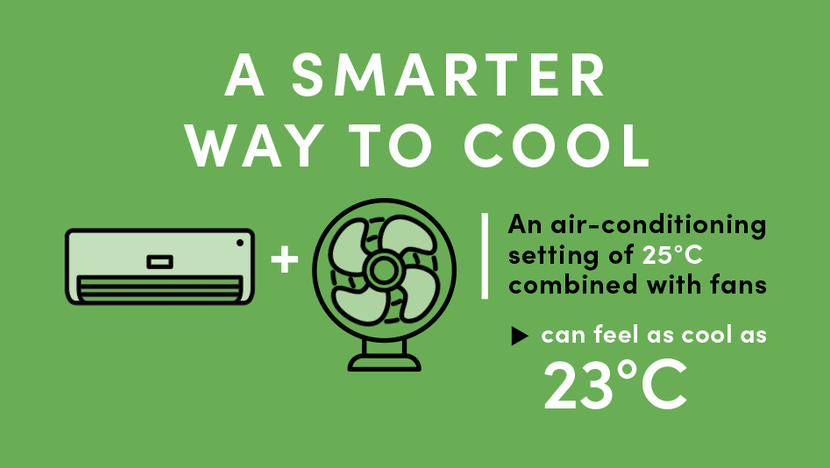
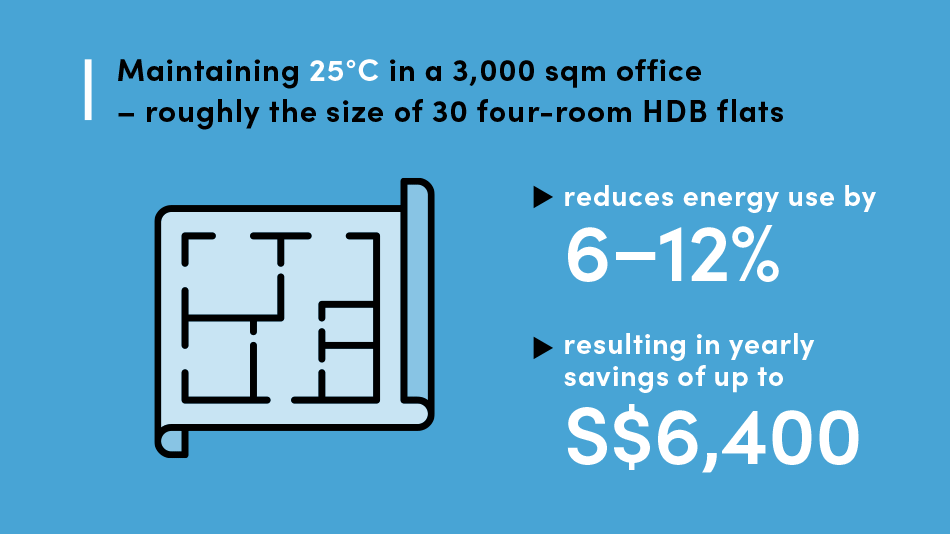
A GREENER COOLING ECOSYSTEM
Other organisations have also stepped up in support of Go 25, including property developer City Developments Limited (CDL), which implemented the 25°C setpoint across its corporate offices, including its headquarters in Republic Plaza.
The change supports CDL’s wider sustainability efforts under Singapore’s Green Plan 2030, the WorldGBC Net Zero Carbon Buildings Commitment and its own Science Based Targets Initiative-validated goals, said Mr Allen Ang, executive vice president and head of Green Building, Decarbonisation and Safety at CDL.
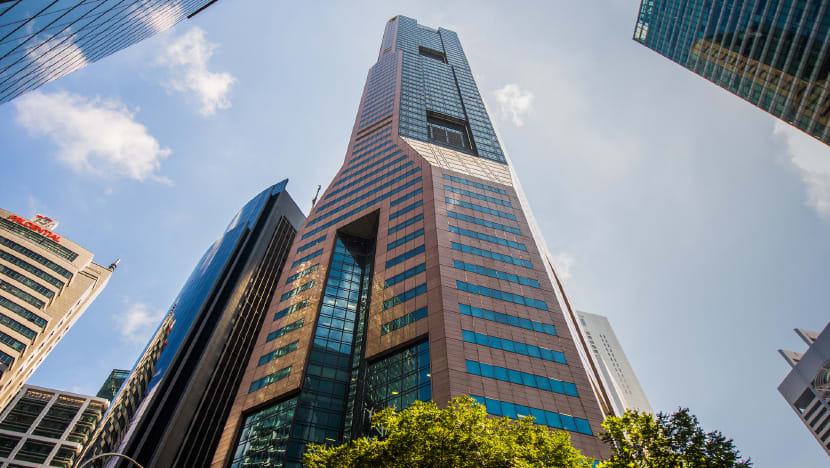
Ahead of Go 25, CDL installed bladeless vortex fans on the 10th, 11th and 12th storeys of its corporate office at Republic Plaza to support hybrid cooling. The initiative functions as a pilot to gauge occupant behaviour and guide future plans for wider implementation. A business-casual dress code introduced across the work week also helped ease the transition and maintain staff comfort.
Earlier in 2024, CDL launched the City Green Tenant Bonus Programme, offering tenants dollar-for-dollar CDL vouchers if they reduced annual energy use by 10 per cent. Digital collaterals were also used to actively engage tenants and encourage participation in these green initiatives.
Among participating tenants who met the target, 80 per cent credited simple behavioural changes – such as switching off unused lights and appliances – while the remaining 20 per cent combined these habits with minor equipment upgrades and greater use of natural light.
For CDL’s corporate offices at Republic Plaza, Go 25 is projected to save up to 30,000 kWh of energy annually – equivalent to powering six four-room HDB flats.
HOW LOWER AIR-CON TEMPERATURES WORSEN HEAT
- A 25°C setting isn’t just comfortable – it also helps address overcooling.
- Cooling systems in a commercial building account for 40 to 50 per cent of its total energy consumption, according to a report by SP Group and Temasek.
- This comes at a cost. Overcooling increases electricity use, which in turn accelerates climate change. It also produces heat waste, creating a cycle where warmer conditions lead to more cooling – and more emissions.
- Singapore’s climate is already warming. By the end of the century, the annual mean temperature could rise by up to 5°C, with days where maximum temperatures exceed 35°C becoming more common.
“Raising the setpoint to 25°C could reduce CDL’s cooling load by up to 15 per cent, aligning with national studies that show 12 per cent energy savings from a 2°C degree increase in temperature,” said Mr Ang. “Early projections point to meaningful reductions in both energy use and operating costs.”

Occupant feedback has been positive. CDL’s latest Indoor Environmental Quality Survey shows that over 90 per cent of respondents are satisfied with the new office temperature, an indication that comfort and sustainability can go hand in hand.
CDL is now looking to scale Go 25 across more of its properties. Mr Ang hopes that more organisations will make the shift. “The change is simple, the cost is minimal and the benefits – lower emissions, lower energy bills, a healthier planet – are clear,” he said.
Adopting the Go 25 approach is a straightforward yet effective way for businesses and individuals to support Singapore’s environmental goals. It not only helps lower greenhouse gas emissions, but also delivers tangible cost savings at work and at home.











